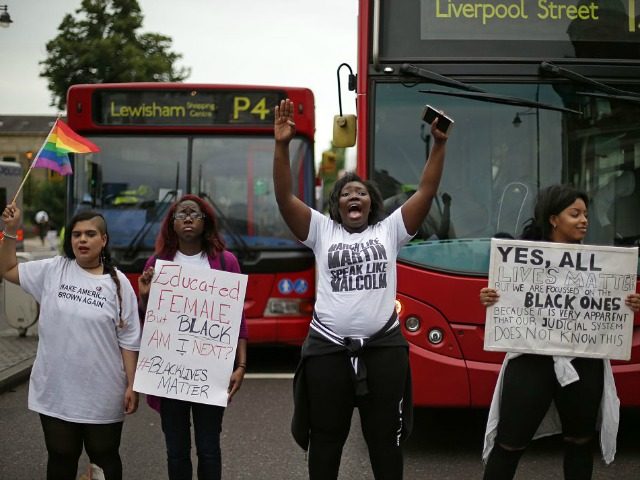Campaigners are angry that most of the new entrants in a dictionary of people who shaped Britain are white, claiming black people have been ‘airbrushed’ from the country’s history.
Critics called on editors to widen the scope of their research, as they say the Oxford Dictionary of National Biography (ODNB) fails to “truly reflect the contribution black people have made” to British life and history.
Five people from ethnic minority backgrounds are among the 241 new entrants added in the latest edition of the online reference book, which only publishes new entries four years after their deaths.
Director of Operation Black Vote, Simon Woolley, called the low number of black people among the ODNB new entries a “tragedy” and accused editors of having a “narrow view of great talent”.
He said: “The level of diversity on this list is appalling. It’s a tragedy for the black community, but also for society as a whole because what this represents is an extremely narrow view of great talent. If only Oxford could take off their blinkers they would find a deluge of black talent that has vastly contributed to making this society great.”
The dictionary, which is regarded as the “pantheon of British history”, doesn’t reflect the “diverse history” of Great Britain according to Lord Ouseley, who called on the book’s editors to do more research into the contribution of people from ethnic minority backgrounds.
“I’m not surprised – for too long black lives have been airbrushed out of history. But this has been known about for years, so the onus is on Oxford to do the research and reflect Britain’s diverse history and the valuable contribution black people have made”, the peer, who is a former director of the Commission for Racial Equality, said.
Also suggesting that the dictionary’s lack of ‘diversity’ stems from incompetent research on the part of its editors was Black History Month editor Omar Alleyne-Lawler, who said: “I think that the ODNB need to rely less on ‘Google research’ and to truly reflect the contribution black people have made.”
Research editor at the ODNB, Alex May, pointed to oppression as the reason why most of the biographies are about white men, and predicted that the online resource book will become more ‘diverse’ in future.
“The vast majority of the new subjects (174, or 74%) were born between the two world wars (mostly in the 1920s), and were primarily active between the 1940s and 1980s.
“In effect, they provide a snapshot of Britain in the decades following the second world war, when women and people from black and ethnic minority backgrounds continued to suffer discrimination of various forms and were not as prominent in public life as is the case now.”
In an editorial on what the newspaper called a “striking” lack of black entrants in the ODNB, the Guardian suggested that some of the white entrants added are superfluous, and argued that Nelson Mandela should have been included:
“No matter that he was not a Briton, nor ever lived here. For millions of white Britons, he redefined what it meant to be black; he reshaped attitudes to apartheid; and the story of the life he lived is a vivid influence on the unfinished business of how Britons think about the history of empire.”

COMMENTS
Please let us know if you're having issues with commenting.